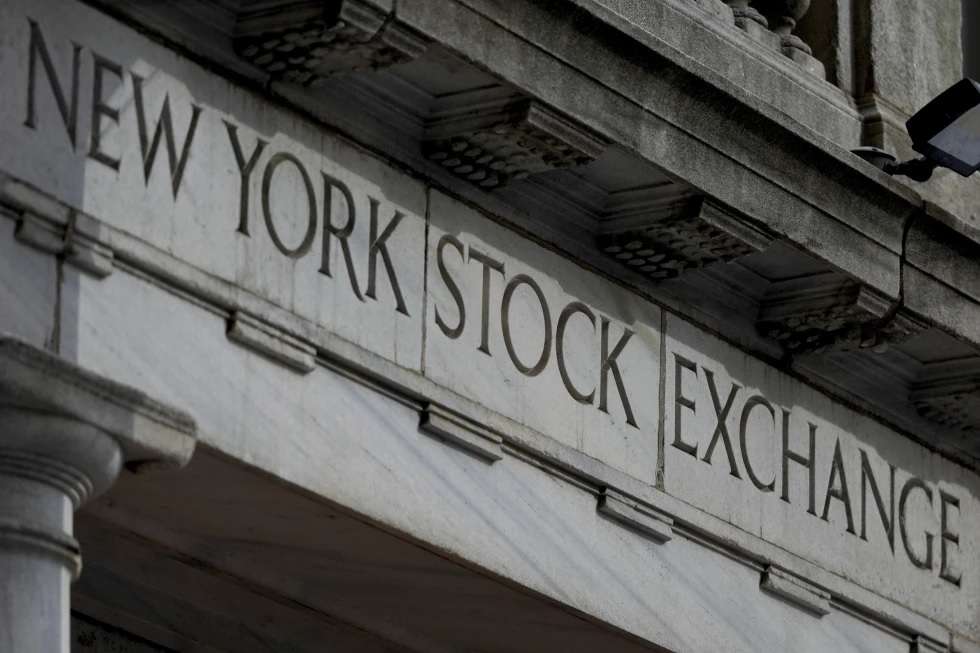Investors are trying to determine how long US President Donald Trump can withstand the continued stock decline. Wall Street has fallen more than 10 percent due to Trump's tariff policies. Despite this, some investors still hope the situation can change, writes Reuters.
During Trump's first term, investors expected the existence of the so-called "Trump protection"—in the event of a market decline, the president would react, preventing financial losses. Trump often presented the stock market's growth as evidence of the success of his economic policies. The S&P 500 index rose by 68 percent during that period, setting several records.
But now, investors' confidence is starting to fade. They assume that Trump is ready to withstand deepening market declines. Since he took office for the second time in January of this year, the S&P 500 has fallen by about 15 percent and the Nasdaq by 20 percent.
"Tariffs and trade policy are central to Trump's vision, and I don't think he's going to get tired of them," said Michael Rosen, chief investment officer at Angeles Investments. He said the president is still far from where market pressure will force him to change.
While investors had previously been confident that Trump's business-friendly approach would boost the market, his trade policies have caused more panic in recent weeks. They are debating whether the "Trump protection" will be gone forever or will return if new trade deals are struck.
Bob Elliott, head of Unlimited Funds, believes the market decline will have to deepen for Trump to reconsider his policies. "We need a 20-30 percent decline. The current losses are not enough," he said.
Some investors, however, are more optimistic, believing that the continued market decline will eventually force the president to change his approach.
"I don't think Trump will tolerate a sharp stock decline for long. He will realize that his popularity is declining, which could jeopardize his entire political agenda," said Kevin Phillip, a partner at Bel Air Investment Advisors. "He will have to make deals or change course. There is simply no other way."




















